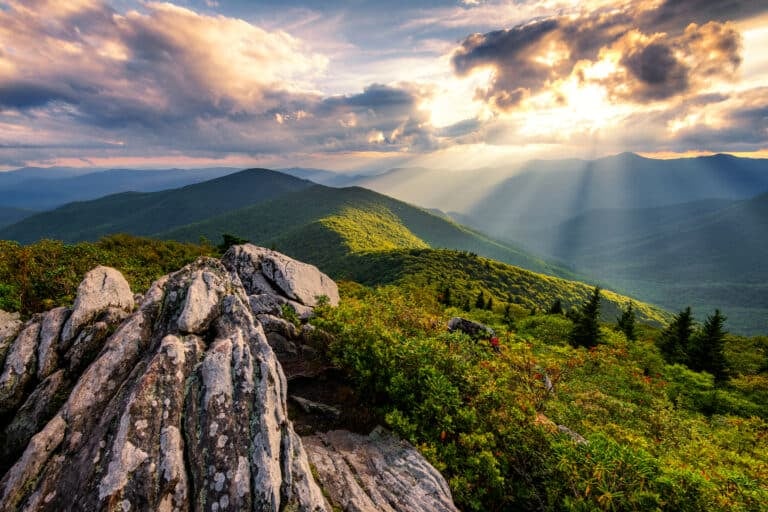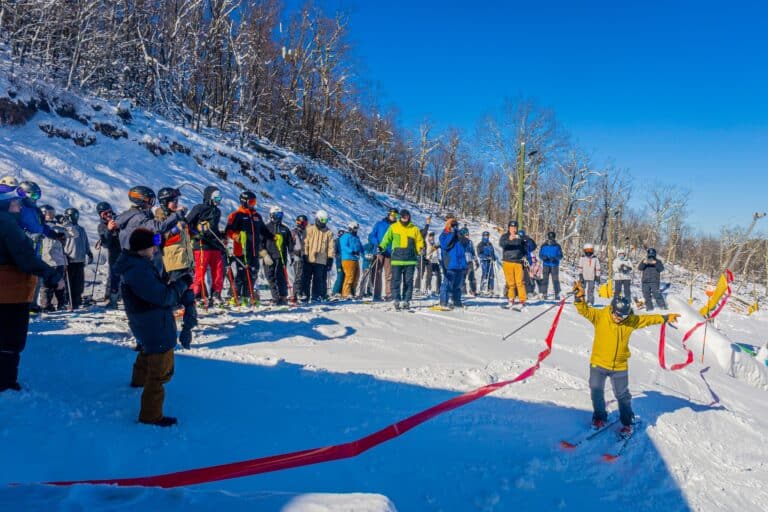Birmingham Jail
Chatham County Line
Call them a bluegrass band now and it isn’t hard to imagine the boys of Chatham County Line bristling at the moniker. With the release of their latest record, IV, the band has redefined its sound and become more comfortable in its own skin. Displaying a songwriting sensibility unbound by the constraints of penning songs in the vein of Scruggs or Stanley, Chatham County Line has now become a major contender in the indie folk movement that is thriving in their native North Carolina. BRO recently caught up with guitarist/singer Dave Wilson to chat about their newest release.
BRO: Is the band’s songwriting evolution a conscious effort to guard against complacency or is it a natural progression?
DW: On our early records, there was a conscious effort to write straight-ahead, bluegrass-hour material that would appeal to that audience. Maturity, aging, and life have more to do with our writing now than any sort of conscious decision. You get a little older, you see things a little differently, you dig a little deeper into the history of music and start stealing little snatches of things from here or there. We are listening to music from across the map and that comes into what we’re doing. We now want to write songs, while staying within our instrumentation, that sound more like us.
BRO: Was there a sense of relief in stepping outside the bounds of what four guys playing guitar, mandolin, banjo, and bass are supposed to be playing?
DW: Not so much relief as a sense of empowerment and excitement. We’ve been doing this awhile. That’s why we called the record IV; we’re not first-timers. We are excited about creating a sound that didn’t exist before. Writing a strictly bluegrass song where the banjo starts it and it sounds just like Earl Scruggs is great, but that’s been done. Not that there is anything wrong with a bit of imitation, but we wanted to push ourselves into creating something new.
BRO: As shown in songs like “Birmingham Jail,” your songwriting contains some serious historical references. Do you like history as inspiration?
DW: I love it. Very early in my songwriting, I’d be in the shower and sing a line to a song and like it. I’d get online to flesh it out and tons of stuff would come up. To me, it’s also a learning experience. I get to learn about whatever comes across my radar screen. And a big part of folk music is teaching through song. You tell people about how screwed up things were at certain times and hopefully they can take that in and change it.
BRO: On this album and the band’s last disc (2006’s The Speed of the Whippoorwill), there are numerous references to trains. Might you have been a freighthopper in a previous life?
DW: That’s quite possible. I have some family that worked in the profession. There’s definitely a fascination there. You don’t refer to modern things in your music. It is so much easier when there is that instrumentation to put yourself in a time period that differs from your own. And those really were the good old days.
BRO: There seems to be no limit to the number of great young bands in North Carolina right now. What’s your take on the current music scene in your home state?
DW: I think things are awesome. We’ve been doing this for seven years now. We are starting to see a new generation come along behind us and how they’ve taken in all of the things they’ve heard in their lifetimes and how it comes out in their songwriting and performances. It is so exciting here; I can go to rock shows, folk shows, string band shows, and see where these people’s influences come from and how they use those influences. There are just a lot of great bands around here.







